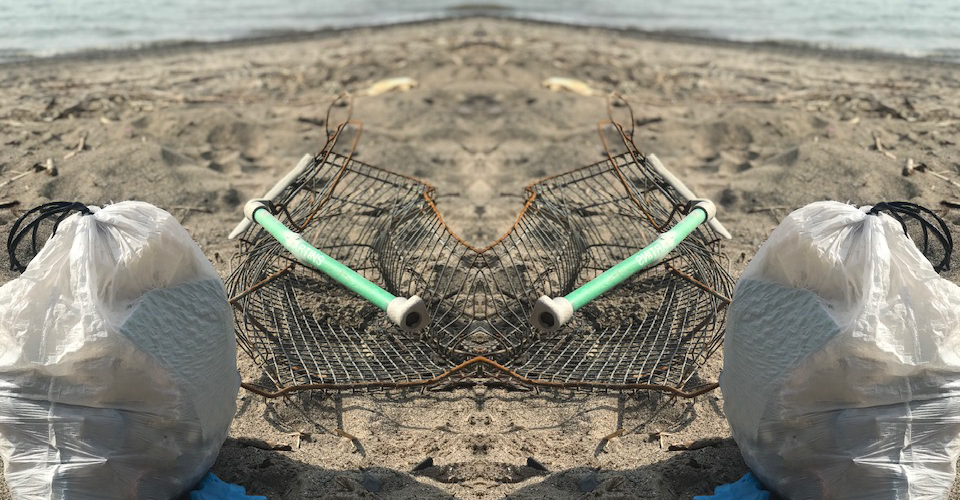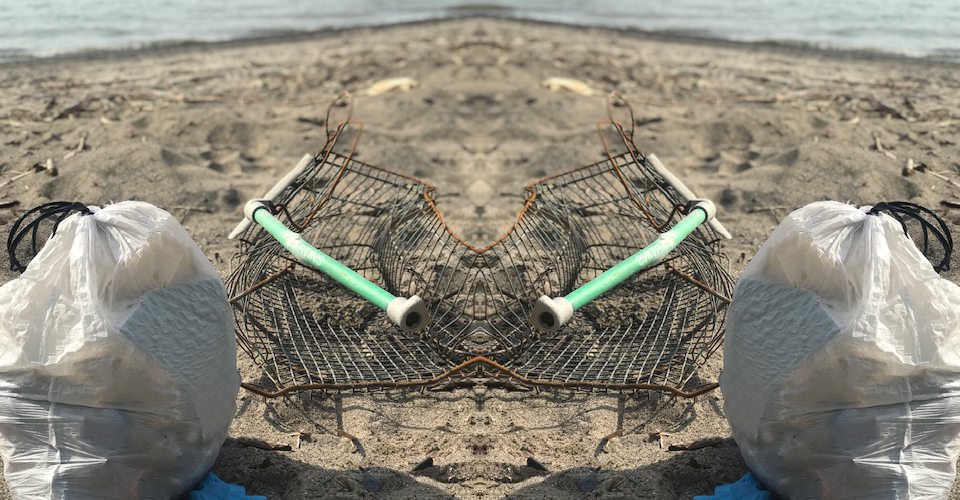
Kelly Mayer is the Deputy Executive Director of Finance and Operations at Buffalo Niagara Waterkeeper and has been with the organization since 2009. Kelly recently changed her habits to decrease her household waste from three 13-gallon bags to one 8-gallon bag per week.

Decrease Your Household Waste with Kelly

Q: Tell us about yourself and your role at Waterkeeper
A: I was born and raised in Buffalo and since a young child I have always been interested in the environment and had an affinity and attraction to the water. I was the kid who would go through the garbage can when my parents weren’t looking and pick out the recyclables that were missed. My love of water started when I was old enough to venture out alone, and I would walk to Glen Park and sit by the falls for hours on end. Back then you could actually get down to the base of the falls, where I would sit and occasionally, take a dip! As I grew older, I developed a natural business acumen and leadership skills. I knew I wanted to marry my passion for the environment and my business leadership skills into a lifelong career. I ended up earning a Bachelor of Science in Business Administration and a Bachelor of Arts in Environmental Geography both from Syracuse University – and now I am at my dream job! I have been working at Waterkeeper for over 12 years and am the Deputy Executive Director of Finance and Operations (longest title in the organization might I add!). I have helped build the administrative framework that aided the exponential growth of the organization, I oversee a budget of $7 Million, and I work in coordination with the senior management and board of directors in furthering the efforts of our mission, strategic plan, over 50 projects and programs, and coordinating over 20 full-time staff. It’s the ultimate definition of wearing multiple hats and being involved in everything – every day is different, and I love it!
Q: What inspired you to take a closer look at your consumption and disposal habits?
A: I just realized that I could be doing more individually. I wanted to explore ways to live a more self-sustaining lifestyle, and knowing the state of the growing garbage, plastic, and pollution problems, it caused me to examine my habits and practices in terms of 3 R’s – reduce, reuse, recycle.
Q: Can you walk us through the transformation? How much trash then vs. how much trash now?
A: The first thing I did was go back to my days as kid picking out recyclables from the trash. I took the time to learn about my towns recycling practices, what they take and what they don’t. I then started to explore other services that may take some of the items that my town doesn’t so I could have some alternatives. Next, I started investing in reusables and made some decisions about how I could change the way I shop for goods – reusable containers and bags, glass and metal straws, buying in bulk, buying products with the least amount or no packaging, avoiding items made from or packed in plastic, etc. Next, I started composting all organic waste (even went as far as collecting my parents too). In the beginning of this journey, I purposely bought a smaller garbage can, and hit my goal at the end of this journey, where I’ve been able to reduce my waste going into a landfill from three 13-gallon garbage bags per week to one 8-gallon garbage bag per week.
Q: What tip or tips would you give to someone who wants to reduce their household waste, but doesn’t know how to get started?
A: Look at your towns recycling program and rules, find alternative places to recycle other items the town doesn’t take, invest in reusables, reduce consumption of single use items and plastic. Start to compost – even if you won’t use the compost or don’t want to deal with the Invesment, get a countertop bin and there are many composting businesses locally that you can take your scraps to, some even will pick up from you house. Start asking the restaurants you patron to use the least amount of packaging possible and ask for items to be wrapped in paper or tin foil, instead of plastic and styrofoam. Lastly, don’t throw unwanted household items to the curb – there are many programs that you can donate to or make local residents aware of items to give away for free.
Q: What’s the main thing you learned from this experience?
A: That at first it is not easy, but once you find your groove the lifestyle becomes easier to maintain. Motivation is the key to getting started as well as continuing. The average American consumes 7 times the amount of “stuff” than in any other country. Everyone has a responsibility to steward our environment and waterways. Remember, every small ripple together, can create a big wave! Here are some resources to get started:

I was the kid who would go through the garbage can when my parents weren’t looking and pick out the recyclables that were missed.




